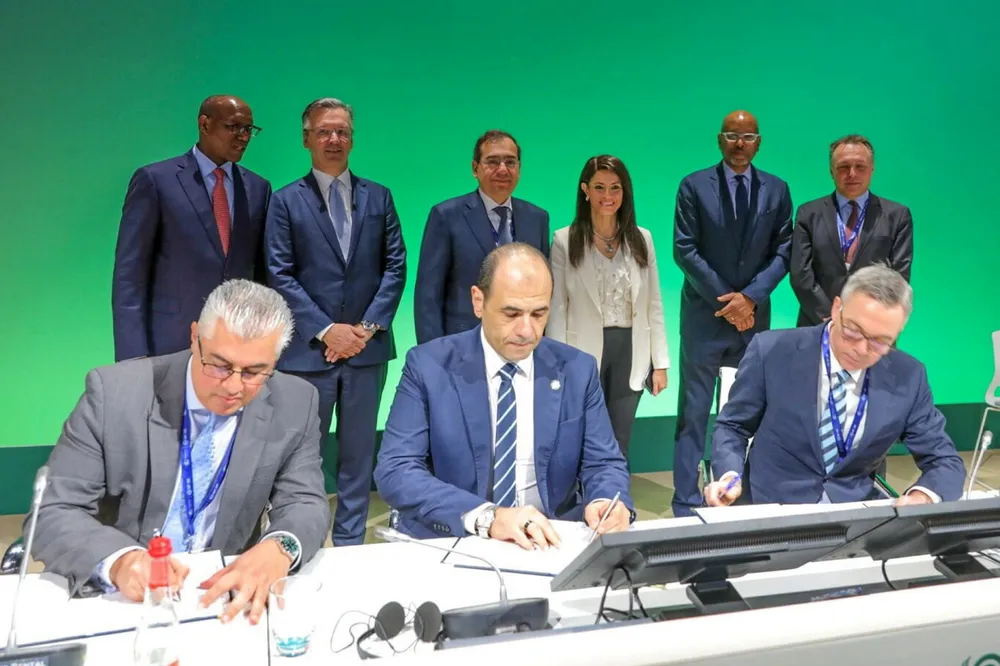Norwegian developer signs $1.1bn deal to produce and supply green hydrogen-based methanol directly to ships in Suez Canal
Scatec plans to start up the project, capable of producing 100,000 tonnes of methanol, by 2027

Scatec plans to start up the project, capable of producing 100,000 tonnes of methanol, by 2027
